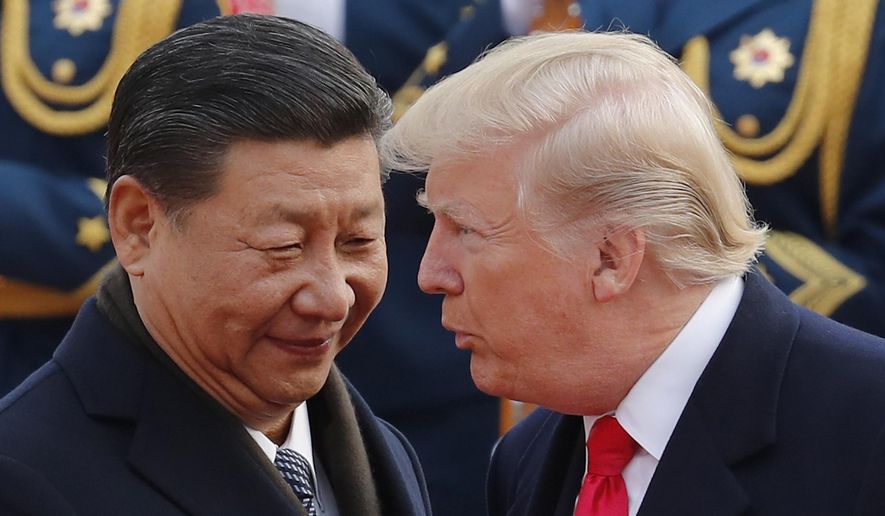China reacted cautiously Wednesday to the latest North Korean ballistic missile test.
A government spokesman in Beijing asserted that China “strongly demands” the North Koreans abide by existing U.N. Security Council resolutions banning such tests.
Chinese Foreign Ministry spokesman Geng Shuang also told reporters that Pyongyang should “refrain” from any actions that “heighten the tension on the Korean Peninsula,” according to China’s official Xinhua News Service.
But it was not immediately clear whether Beijing intends to follow the rhetoric up with action against Pyongyang.
South Korean President Moon Jae-in and Japanese Prime Minister Shinzo Abe agreed Wednesday to seek additional U.N. sanctions against North Korea, saying they can no longer tolerate North Korean provocations, according to the Yonhap News Agency in Seoul.
What remains to be seen is whether Chinese President Xi Jinping will embrace the new sanctions push, which analysts say is likely to include broader measures targeting Chinese banks doing business with North Korean government-controlled firms.
President Trump has spent recent months pushing China — North Korea’s main ally and trading partner — to do more to help contain the nuclear and missile threat emanating from Pyongyang. On a visit to Beijing earlier this month, Mr. Trump said China could “fix this problem quickly and easily.”
Mr. Trump subsequently claimed Mr. Xi had vowed to exert “great economic influence” over the Kim Jong-un regime in Pyongyang to achieve a common U.S.-China goal of denuclearizing the Korean peninsula.
Then came this week’s test by Pyongyang. U.S. military officials described it as likely an intercontinental ballistic missile (ICBM) test.
The development sent nerves on edge in Washington, where officials say the North Koreans are close to having a nuclear-armed ICBM that could potentially reach the U.S. mainland.
Geng said Wednesday that Beijing was expressing “grave concerns about and opposition to North Korea’s missile launch activities,” according to Yonhap.
The news agency noted that Australia had also condemned the missile launch “in the strongest possible terms,” calling it “illegal and dangerous.”
• Guy Taylor can be reached at gtaylor@washingtontimes.com.




Please read our comment policy before commenting.